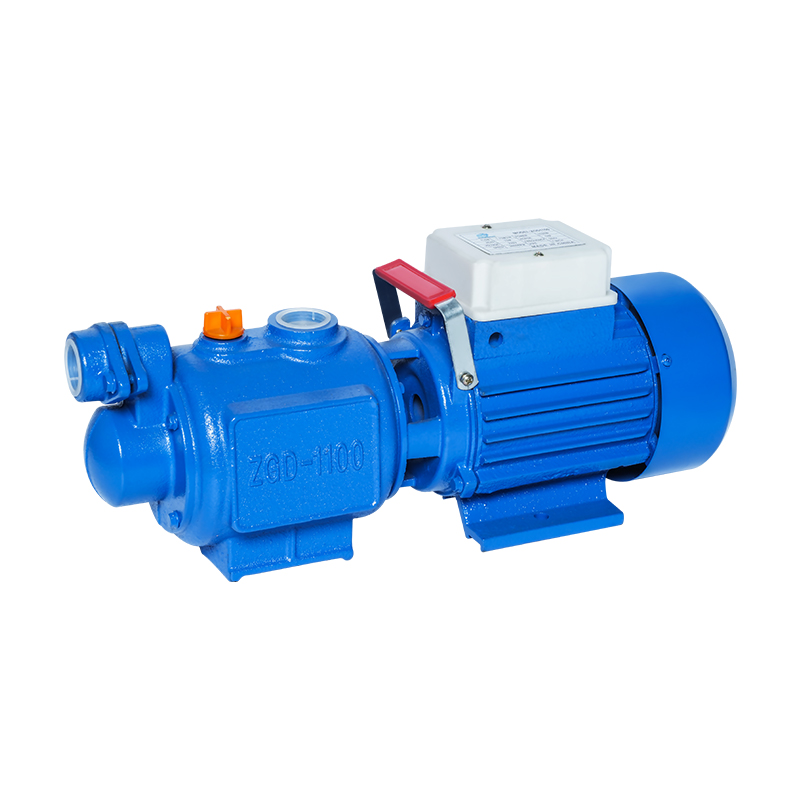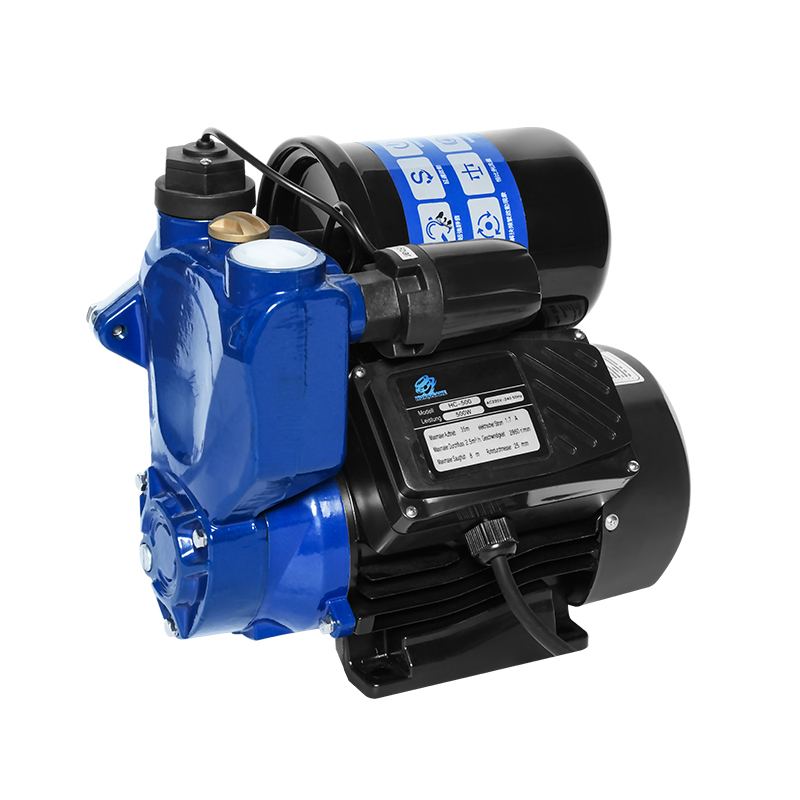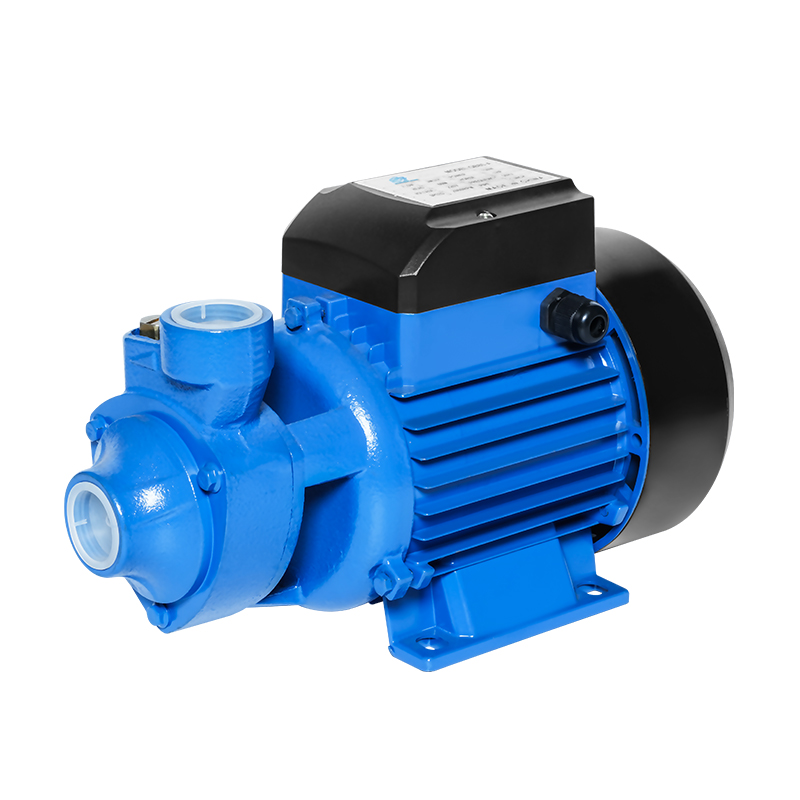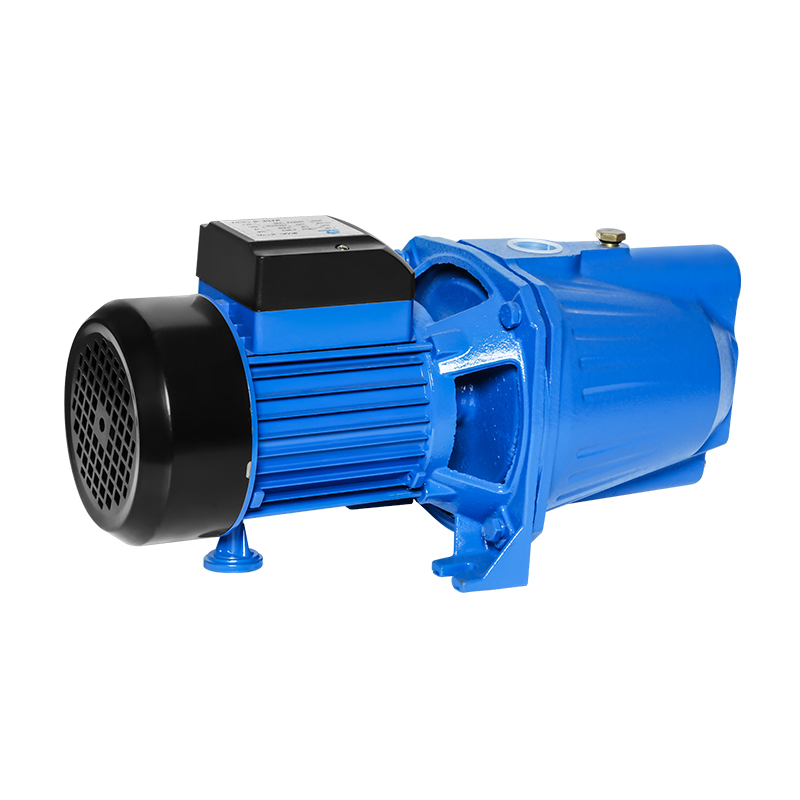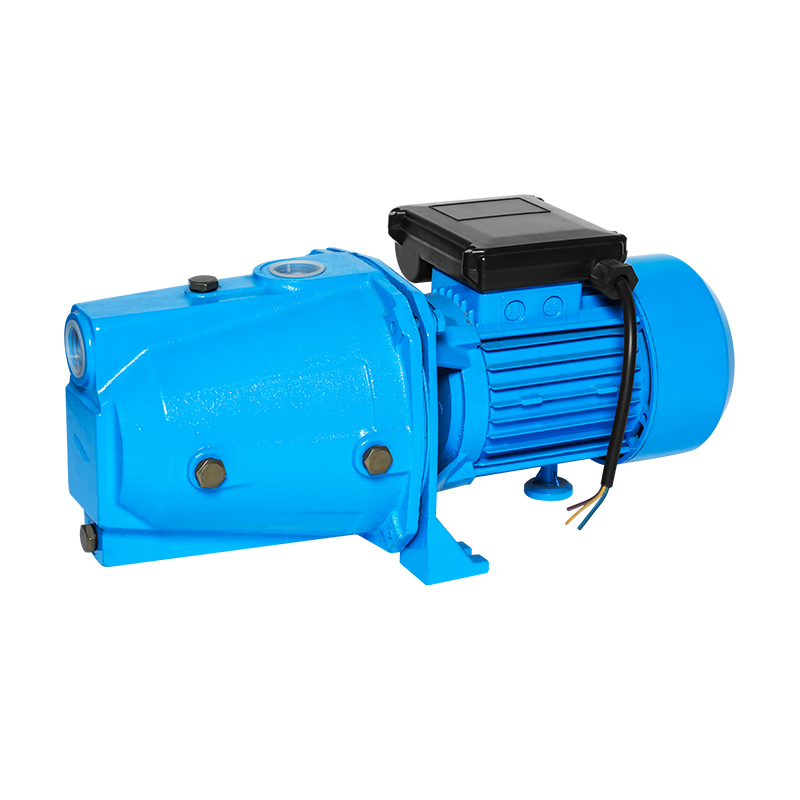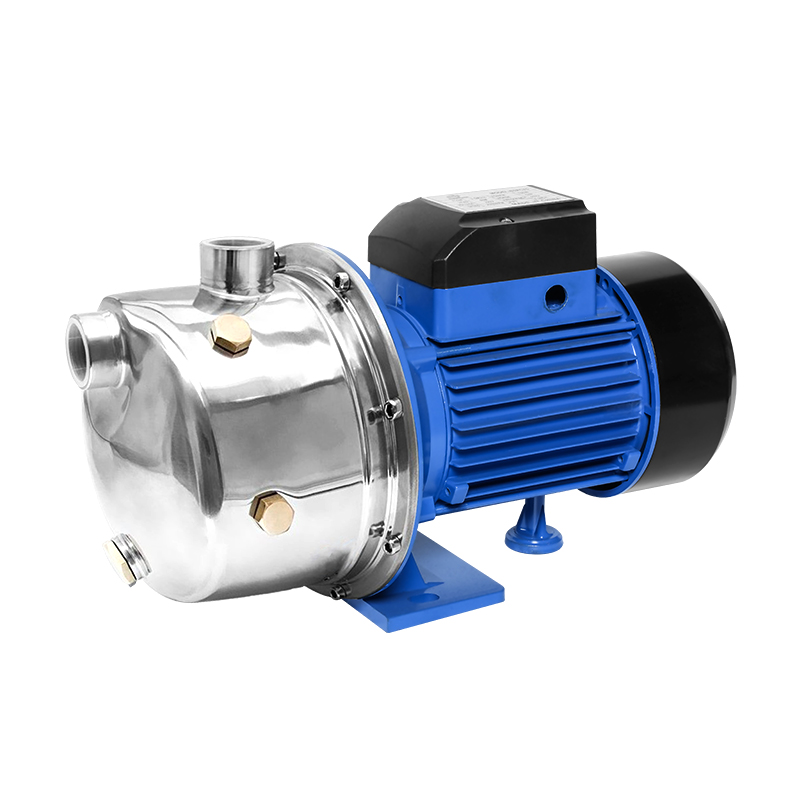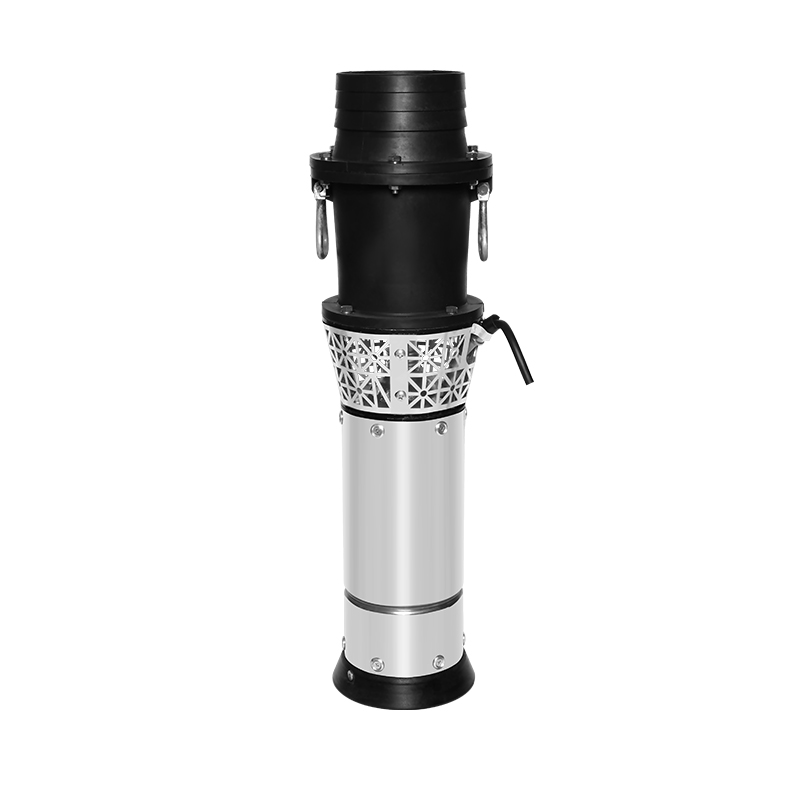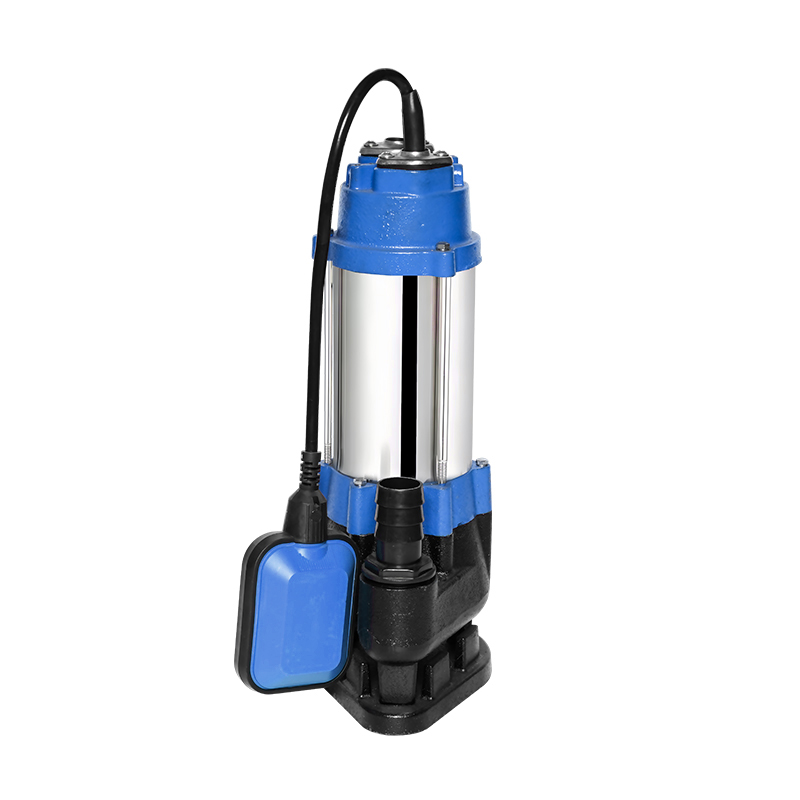How Do Electric Water Pumps Compare to Manual Pumps?
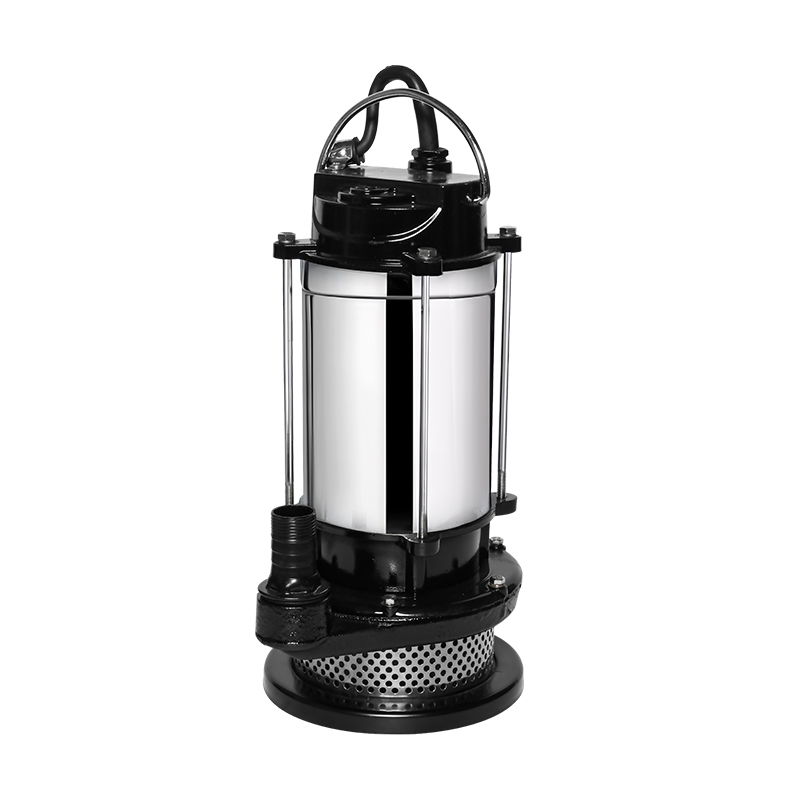
Water pumps are essential in agriculture, construction, and household applications. Choosing the right type of pump can affect efficiency, convenience, and long-term costs. Electric water pumps, offered by electric water pump manufacturers, have become increasingly popular alternatives to traditional manual pumps. Comparing these two options can help users determine which suits their needs.
Ease of Use and Convenience
Electric water pumps are generally easier to operate than manual pumps. They require minimal physical effort, allowing users to move water quickly and consistently. This makes them suitable for tasks that involve large volumes of water or extended operation periods.
Manual pumps, in contrast, rely entirely on human effort. While simple to operate for small tasks, pumping large amounts of water can be tiring and time-consuming. For households or farms that require frequent water movement, electric water pumps provide a more convenient solution.
Efficiency and Flow Rate
Electric water pumps usually deliver higher flow rates compared to manual pumps. They can move water continuously without fatigue, making them efficient for irrigation, filling tanks, or draining areas. Electric water pumps from established manufacturers are designed to handle different volumes and pressures, providing versatility for varied applications.
Manual pumps are limited by the user's strength and stamina. While they can be effective for small-scale tasks, their flow rate is often lower and inconsistent. For projects requiring steady or large water output, electric water pumps are typically more efficient.
Installation and Maintenance
Electric water pumps may require a power source, electrical wiring, and sometimes more complex installation compared to manual pumps. However, electric water pump manufacturers provide detailed instructions and support to ensure proper setup. Routine maintenance such as cleaning filters, checking wiring, and monitoring performance helps prolong the pump's life.
Manual pumps are simpler to install and maintain. They do not require electricity, which makes them suitable for remote locations or areas without reliable power. Basic maintenance involves lubrication, checking seals, and cleaning, which is relatively straightforward.
Durability and Lifespan
Electric water pumps are designed for continuous use and can last for several years with proper maintenance. The durability of these pumps depends on the quality of components, motor efficiency, and manufacturer standards. Reputable electric water pump manufacturers often test their pumps under various conditions to ensure longevity.
Manual pumps, while less complex, are also durable and can function for years if properly maintained. They are less susceptible to electrical issues but can wear out faster if used intensively, especially in high-volume scenarios.
Cost Considerations
Electric water pumps generally have a higher upfront cost compared to manual pumps. The expense includes the pump itself, installation, and electricity consumption. However, the efficiency and time saved can justify the investment for regular or large-scale use.
Manual pumps are more affordable initially and require no electricity, making them suitable for small tasks or occasional use. However, for frequent water movement, the physical effort and slower operation may offset the lower cost over time.
Electric water pumps offer convenience, higher efficiency, and continuous operation, while manual pumps remain practical for small-scale, low-cost, or remote applications. By understanding the differences, users can select a pump that meets their specific needs, whether for home, farm, or industrial use.


